Planning on teaching English in Thailand? Take a look at our article below on the five best areas in the country to do so.
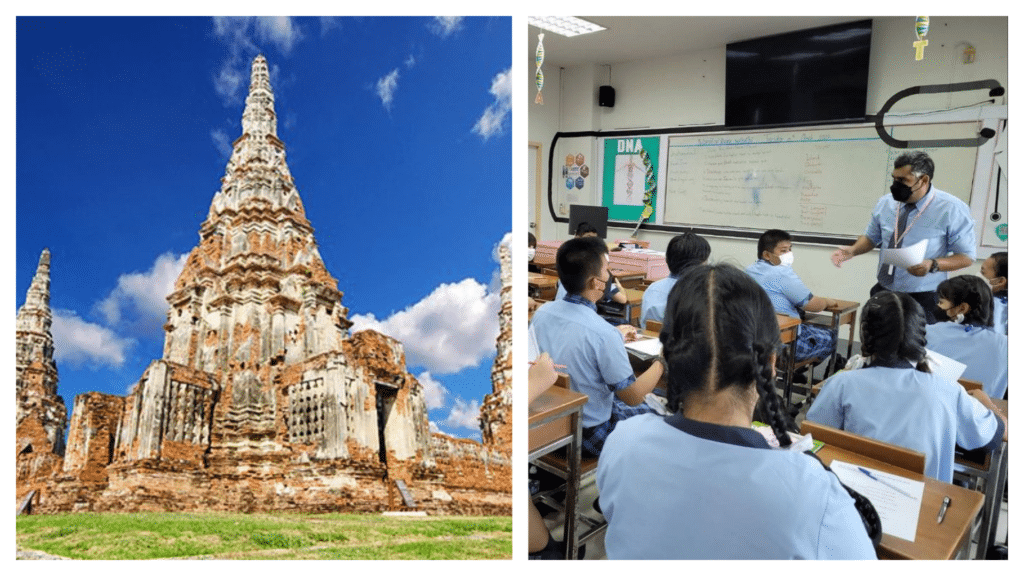
So, you’ve decided to teach English in Thailand. First of all, great choice! Thailand is a wonderful part of southeast Asia, and indeed the world. When you teach English in Thailand, you have endless travel possibilities at your fingertips, too.
So, if you’re trying to figure out the best areas of the country to teach in, let us make your journey a little easier with our list of the five best areas for teaching English in Thailand below.
5. Bangkok and the surrounding area – the most obvious choice for English teachers
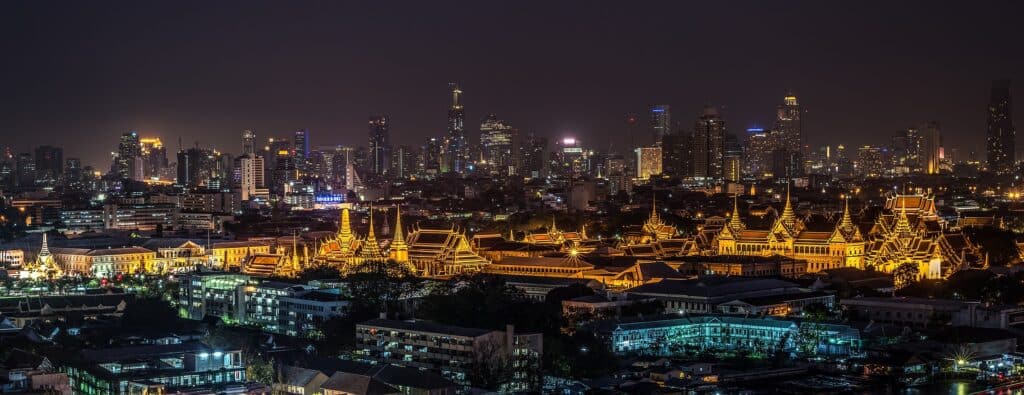
As the biggest city and the capital city of Thailand, Bangkok is the obvious choice for teaching English.
If you decide to teach in Bangkok, you’ll have an abundance of options available. From public schools to private schools, international schools to government schools, Bangkok has it all!
The cost of living in Bangkok is higher than elsewhere in the country. However, English teachers get paid very well in relation to the cost of living in Thailand, so you won’t struggle with rent and daily expenses no matter where you live.
Another great benefit of teaching English in Bangkok is that it is full of English speakers from all over the world. So you are guaranteed to make new friends.
In comparison, the more rural and remote areas are where you’ll be really submersed in Thai culture and won’t have as many English-speaking people. In many ways, this will really enhance your teaching experience, and you’ll learn the language along the way!
4. Chiang Mai – elephant sanctuaries and jungles
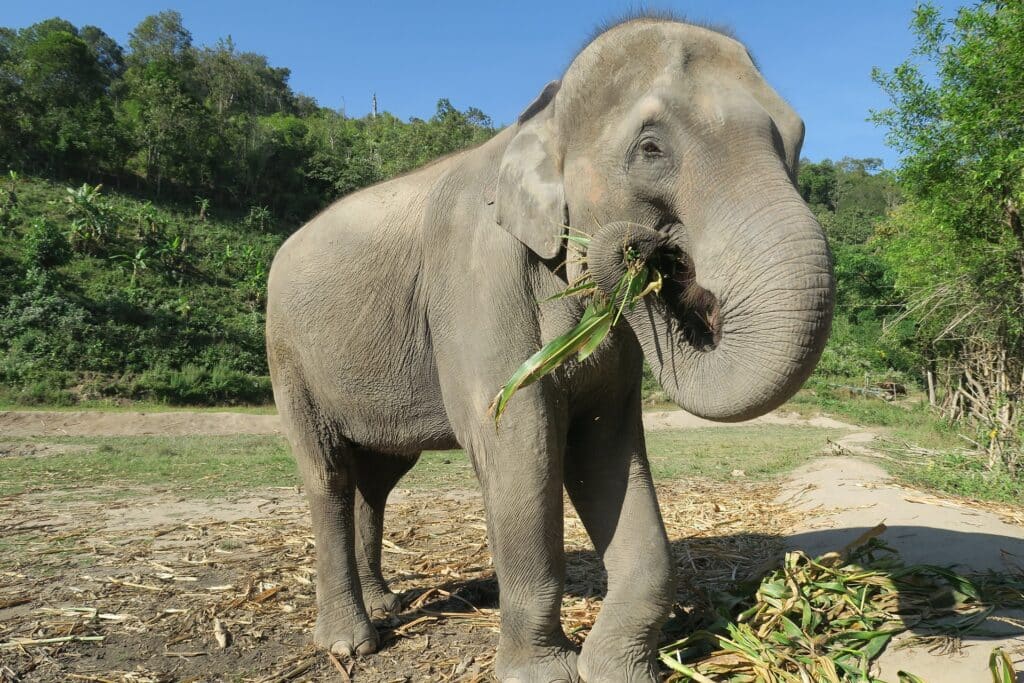
Chang Mai is a stunning city in the north of Thailand. If you choose to take an English teaching job in Chiang Mai, you will be a nine-hour drive from the capital. However, you will also be working in one of the most stunning parts of the country.
Chiang Mai also has some great options when it comes to what kind of schools you would like to teach in. Whether you want to teach nursery or high school, these options are readily available.
Chiang Mai is a mountainous region of the country known for some of the best elephant sanctuaries in the country, as well as some of the most beautiful and mesmerising Buddhist temples.
3. Ayutthaya – explore the ruins

Ayutthaya is a stunning part of the country with many ruins and temples to explore. If you want to shy away from Bangkok but be close enough to visit when you want, or simply take a day trip from Bangkok, Ayutthaya is just an hour’s journey away.
This part of the country is completely unlike Bangkok. Where Bangkok is modern and thriving, Ayutthaya is ancient and chilled out. If you desire a more laid-back lifestyle, Ayutthaya could be an excellent choice for you.
In fact, we think that if this lifestyle sounds right for you, you’ll find it difficult to leave. This part of the country is perfect if you’re moving to Thailand with your partner.
2. Sukhothai – a stunning historical area
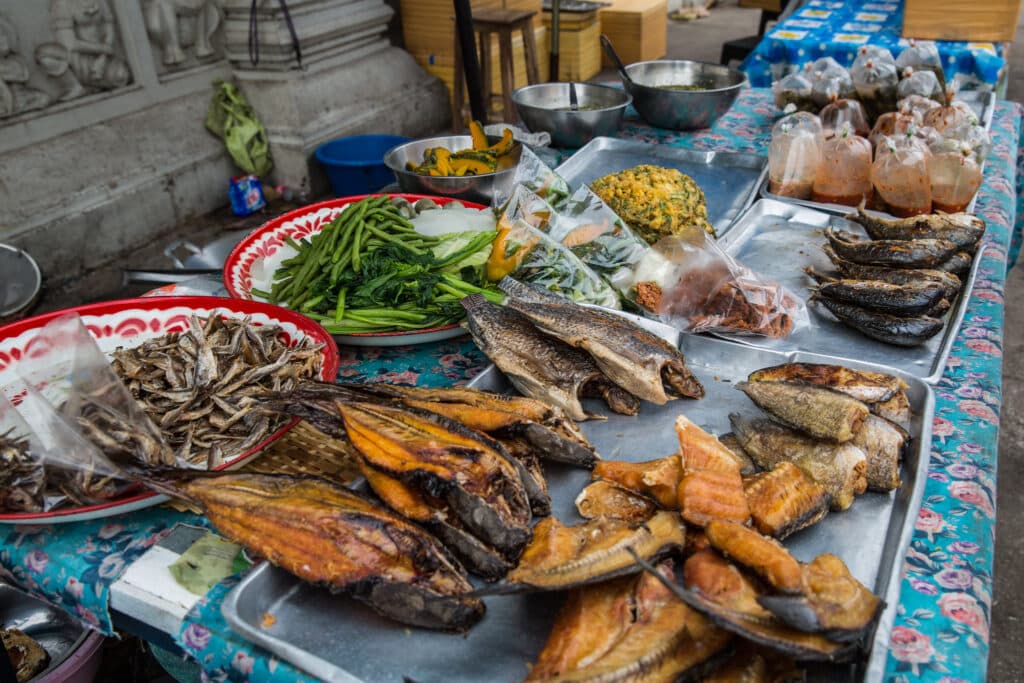
Sukhothai is a stunning historical town about halfway between Bangkok and Chiang Mai. Sukhothai is a wonderful area to teach in that has a low cost of living and numerous options for teaching.
While you will have an abundance of other English teachers in areas like Bangkok and Chiang Mai, you might not have as many here, so you’ll be really immersing yourself in Thai culture in Sukhothai.
Like many parts of the country, the Buddhist temples in the area are fascinating, and the people are extremely friendly. Sukhothai’s main attraction is the incredible historical park, which has been recognised as a UNESCO Heritage Site.
1. Rural Thailand – immerse yourself in Thai culture

Taking the top spot on our list of the five best areas for teaching in Thailand is rural Thailand. While this isn’t very specific, teaching in a rural part of the country can be the most exciting and rewarding route to take.
More often than not, you’ll find that most people in rural Thailand don’t speak English fluently, and some do not at all.
While this might be difficult at first, it can be the best for you to fully immerse yourself in the country, as it sort of forces you to speak Thai, something you will be thankful for in no time.
Nakhon Pathom is a beautiful city in rural Thailand to teach in, with options from primary school to high school, as well as nursery and preschool.
If you want a truly Thai teaching journey, we recommend choosing somewhere in rural Thailand to teach.
Other notable mentions
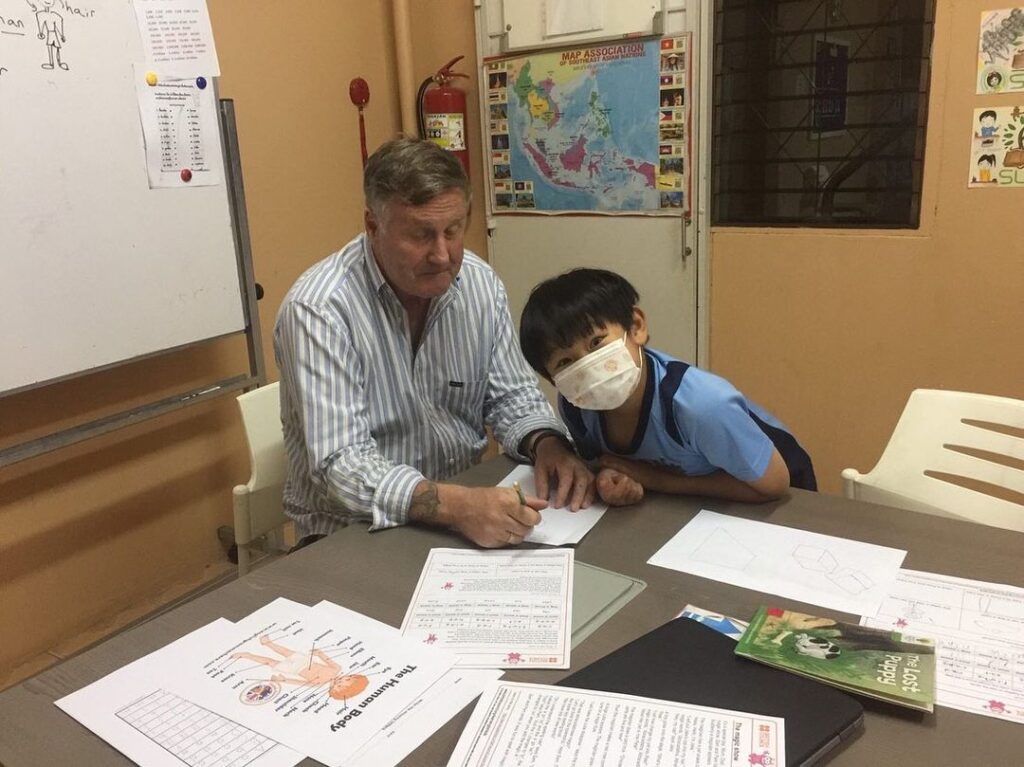
Criminal background check: You will need to provide proof of a clean criminal background check to the Thai government if you want to teach English in Thailand.
Class sizes: Class sizes are much bigger in certain parts of the country, so don’t be surprised if you have over 40 kids in your class if you end up in a government school.
Non-immigrant B Visa: To get the visa extension from a tourist visa to a Non-immigrant B Visa, which allows you to teach in Thailand, English teachers normally need a Bachelor’s degree.
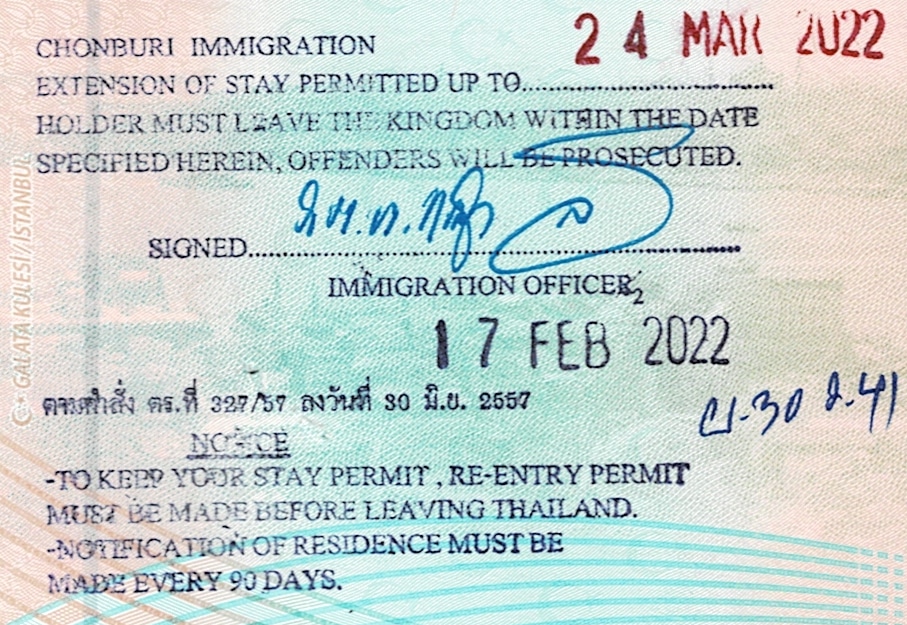
Work permit: Requirements for a work permit include the Non-immigrant B Visa, the original copy/transcript of your Bachelor’s degree, a certified health check, and passport photos.
English fluency: Non-native English speakers can teach in Thailand. You must prove that you can communicate, read, and write fluently in English.
Hiring months: The academic semester starts in May and begins again in October after a break. So, we recommend applying in advance of these dates. February-March and September-October are the best times to apply.
FAQs about teaching English in Thailand
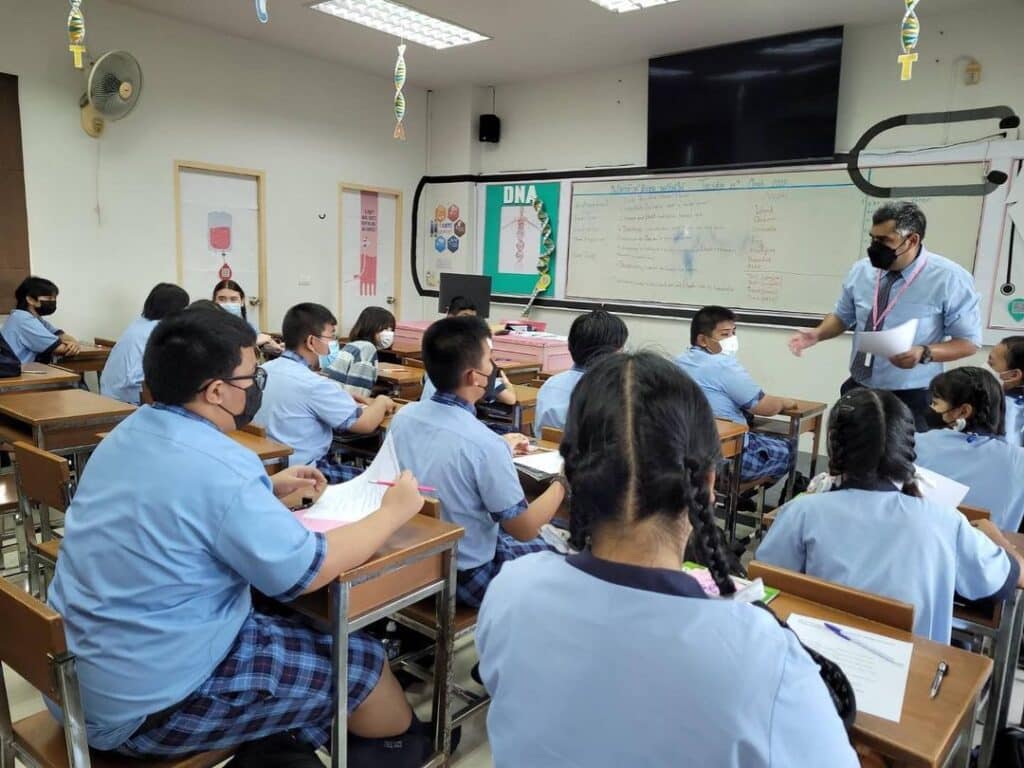
Do they teach English in Thai schools?
Yes! Depending on which kind of school, students will learn English at least once a week, up to every day.
How much does Thailand pay English teachers?
The monthly salary of an English teacher in Thailand is generally somewhere between ฿30,000 and ฿40,000 ($877 and $1,168). The longer you stay in a school, the more your pay will increase.
How to teach at an international school in Thailand?
To teach at an international school in Thailand, you must have a qualified teacher status in your home country, or TEFL certification, a couple of years of teaching experience, and a clean criminal record.
What is the classroom dress code for teaching in Thailand?
The dress code is fairly relaxed but includes light-coloured shirts and dark-coloured trousers/skirts.

